As signatory to UN convention, Tokyo should comply with provisions: Experts
Japan's imminent release of nuclear-contaminated water from the Fukushima Daiichi nuclear power plant into the Pacific Ocean would likely be considered a violation of international law, experts said.
As a signatory to the United Nations Convention on the Law of the Sea, or UNCLOS, Japan is obligated to comply with its provisions, said Etsuro Totsuka, a human rights lawyer in Japan.
Article 192 of the UNCLOS stipulates that "states have the obligation to protect and preserve the marine environment". In section (a) of clause 3 of Article 194, the regulations concerning "the release of toxic, harmful or noxious substances, especially those which are persistent, from land-based sources" would likely apply to the issue of releasing nuclear-contaminated water into the ocean. In this way, the convention obligates nations to prevent the pollution of the marine environment.
"Japan should earnestly abide by international law and ensure that it does not contaminate the oceans with radioactive substances. This is an obvious duty as a responsible member of the global community," Totsuka said.
The Japanese government's decision to treat and release nuclear-contaminated water into the ocean would pose a direct threat to the marine environment, including that of the jurisdictional waters of the Korean Peninsula.
As such, Japan would be in breach of its obligations as defined under international environmental law, including the UNCLOS, Duncan Currie, an international and environmental lawyer, and Shaun Burnie, a senior nuclear specialist with Greenpeace, said in a joint article published in The Korea Times newspaper.
In addition to the requirements under the International Maritime Organization, Japan is required to comply with international law that prohibits significant transboundary environmental harm, both to the territory of other states and to areas beyond national jurisdiction.
The Tokyo Electric Power Company's assessment of the radiological impact of the planned discharge is not the environmental impact assessment that is required by international law.
There are numerous deficiencies in the power plant operator's radiological impact assessment, as it does not evaluate the long-term uptake of tritium and other radionuclides on the marine environment, including cumulative effects and trophic effects (effects through the marine food chain).
It does not properly assess the effects of radiation on sediments and accumulation in those sediments, Burnie said.
South Korea's main opposition Democratic Party said on Monday it plans to file a complaint with the UN Human Rights Council to oppose Japan's move to release nuclear-contaminated water into the ocean, arguing that the plan lacks scientific measures to guarantee its safety, and that it violates various international agreements.
Marine environment
Under UNCLOS, Japan has an obligation to protect and preserve the marine environment and shall take all measures consistent with this Convention to prevent, reduce and control pollution. Besides, it shall take all measures to ensure domestic environmental pollution incidents do not cause damage to other states or spread beyond the areas where it exercises its sovereign rights, Li Meng and Wang Xuedong, scholars with China University of Petroleum's School of Humanities and Law, said in a paper published in the research journal Heliyon earlier this year.
Japan initially proposed five ways to dispose of nuclear-contaminated water but the government insisted on selecting the ocean discharge plan, which considerably increases the risk of severe damage to the global marine environment. It is sufficient to prove the government did not "take all measures consistent with the UNCLOS" to prevent pollution of the marine environment, Li and Wang said.
In June 2021, a joint letter was sent to the Japanese government by various US civic groups, including the Manhattan Project for a Nuclear-Free World. The letter said the nuclear-contaminated water stored at the Fukushima plant is fundamentally different from the regular wastewater from nuclear power plants.
The civic groups said the Convention on the Prevention of Marine Pollution by Dumping of Wastes and Other Matter, and the London Protocol, prohibit the ocean disposal of radioactive substances regardless of concentration. The Fukushima discharge violates the treaties, they said, calling for the withdrawal of the plan.
"If diplomatic negotiations on Japan's ocean discharge plan fail, there are also methods of resolution through the International Tribunal for the Law of the Sea or international arbitration. In that case, determining what constitutes 'pollution' would become a key issue," Totsuka told China Daily.
He stressed the need for countries to engage in diplomatic negotiations and make efforts to reach an agreement regarding the Fukushima plant's decommissioning methods.











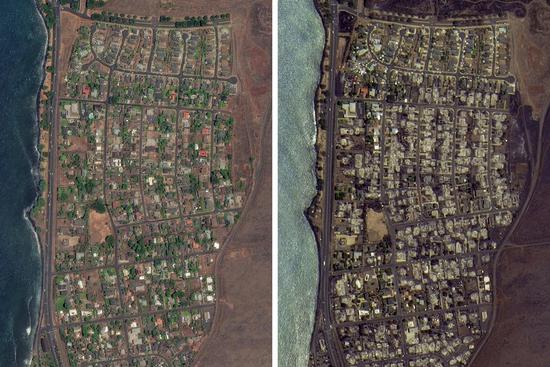




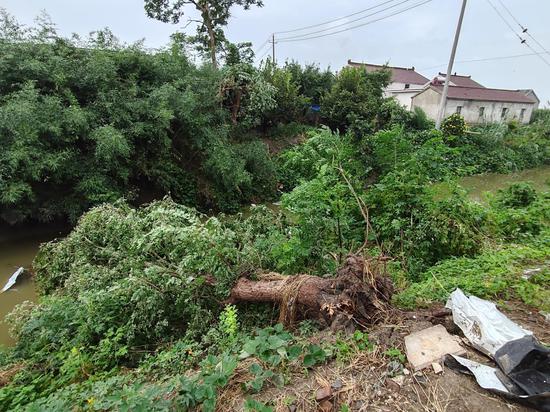




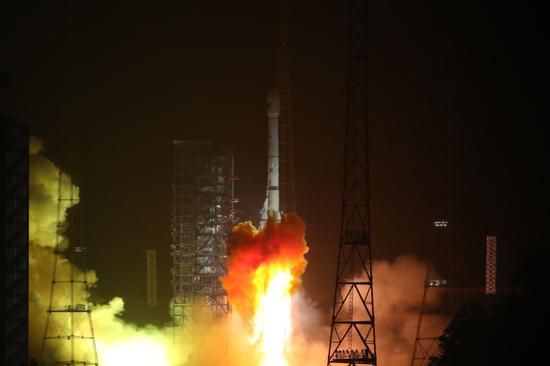

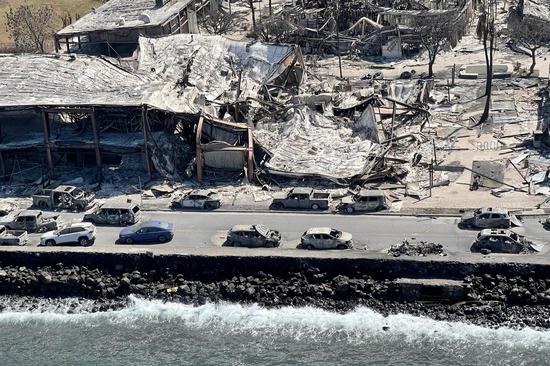









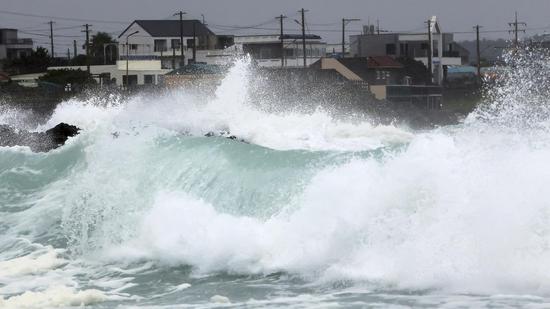


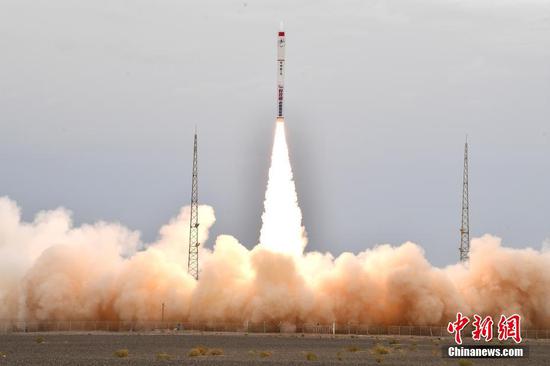



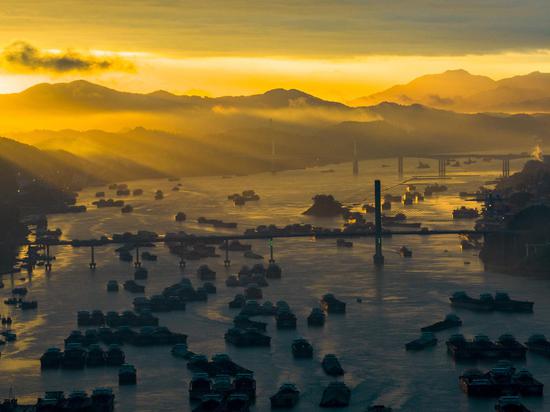
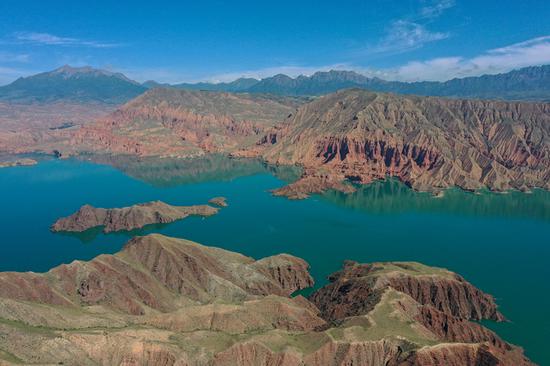


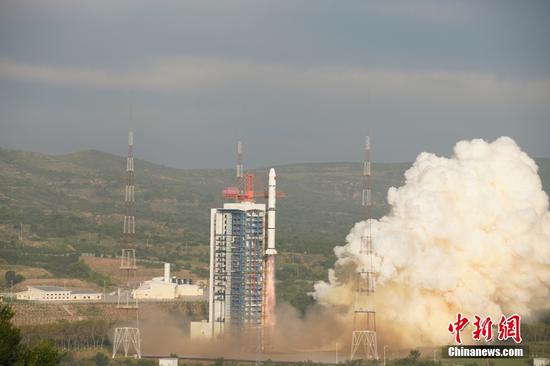





 京公网安备 11010202009201号
京公网安备 11010202009201号